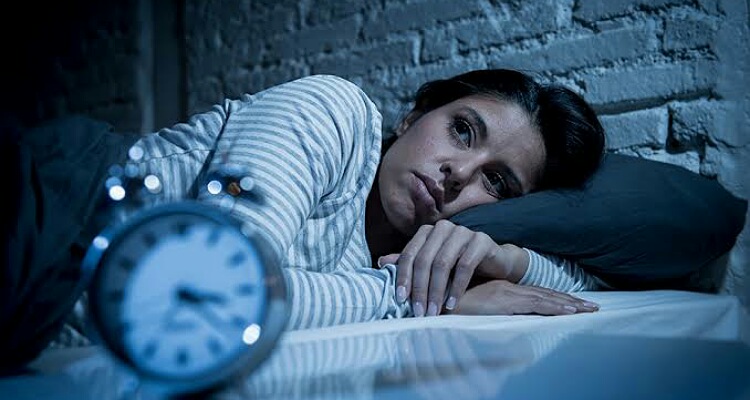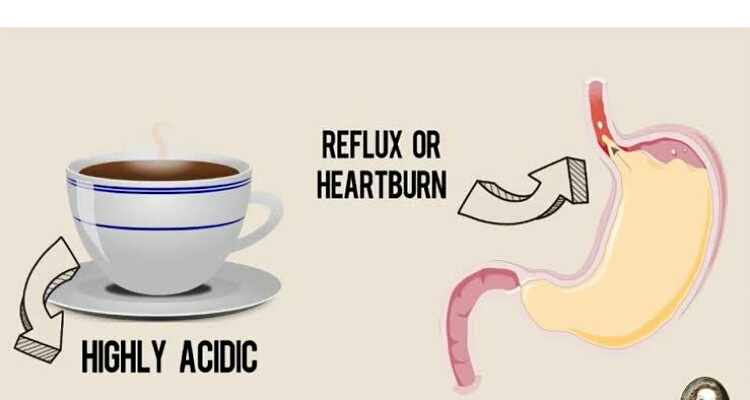Everyone is fond of their cup of coffee. It provides instant energy and increases alertness and attention. But do you know that some people should keep away from coffee? They should never drink it lest it harms them.
Your cup of coffee
Whether in the morning or later in the afternoon at work or while doing house chores, everyone awaits for their cup of coffee. It energizes and uplifts mood. It improves performance and focus. But there are some people who should keep away from coffee or such caffeinated drinks. Which are these people?
Children below 12 years of age
Dietitian Kelli McGrane states:
“While caffeine can make any of us a little jittery, it can have more noticeable and even serious side effects at smaller doses in kids,”

She adds:
“Another aspect to consider, especially in toddlers, is that coffee can mask hunger cues, so toddlers may not get the nutrition that they need for growth and development. Finally, keep in mind that coffee itself is quite acidic, and as a result can damage tooth enamel and increase the risk for cavities.”
Pregnant and breastfeeding ladies
It is best avoided since safe level is uncertain. It can cause premature labor, miscarriage, and low birth weight in babies.
Moreover, caffeine is diuretic and stimulant. It might cause dehydration in lactating ladies.
Epileptic patients
Dietitian Angel Planells from Seattle states:
“While a limited study, [recent findings showed that] heavy coffee consumption was associated with increased seizure frequency. But more studies are needed,”
People with panic attacks and anxiety
The stimulant action of coffee can worsen anxiety and panic attacks. Research from General Hospital Psychiatry revealed that 5 cups of coffee per day can precipitate panic attacks in people with anxiety.
People with insomnia

Caffeine can cause insomnia or make it worse. Even the afternoon cup of coffee can do so. It can affect the quality of sleep. The Sleep Foundation recommends no caffeine 6 hours before bedtime.
People with diarrhea
Dietitian Sue Heikkinen from MyNetDiary opines:
“Some people swear by their morning cup of coffee to ‘get their bowels moving,’ but this effect is not desirable if you are struggling with diarrhea,”
And she continues:
“Decaf coffee may be less problematic, although hot liquids, in general, tend to stimulate the bowels.”
People with IBS
Angel states:
“Caffeine can increase bowel regularity, including increasing the chances of diarrhea, a major symptom of irritable bowel syndrome (or IBS),”
“So if you have IBS, it is encouraged to limit/avoid caffeinated beverages.”
People with glaucoma
Angel advises no coffee in glaucoma:
“Intraocular pressure increased for those with glaucoma when consuming coffee, so it’s encouraged to limit [or] avoid intake, but more research is warranted,”
Overactive bladder
Nutritionist Sue explains:
“Caffeine intake can increase both urinary frequency and urgency,”
And she adds:
“If you don’t regularly drink coffee, you may be even more sensitive to this effect.”
Avoid on long trips with no or limited rest breaks.
People with arrhythmias
Kelli says:
“As the caffeine from coffee can cause temporary increases in blood pressure and heart rate, it’s important for anyone with pre-existing heart conditions to talk with their healthcare provider about if/how much coffee is safe to consume,”
Read here: What is Dalgona coffee? Health benefits and caution!
Gastroesophageal reflux patients

Dietitian Sue explains:
“Caffeine can loosen the lower esophageal sphincter, which is the valve between the esophagus and stomach. This could cause acid stomach contents to enter the esophagus, resulting in uncomfortable GERD symptoms,”
“If you have GERD, see if switching to decaf helps.”